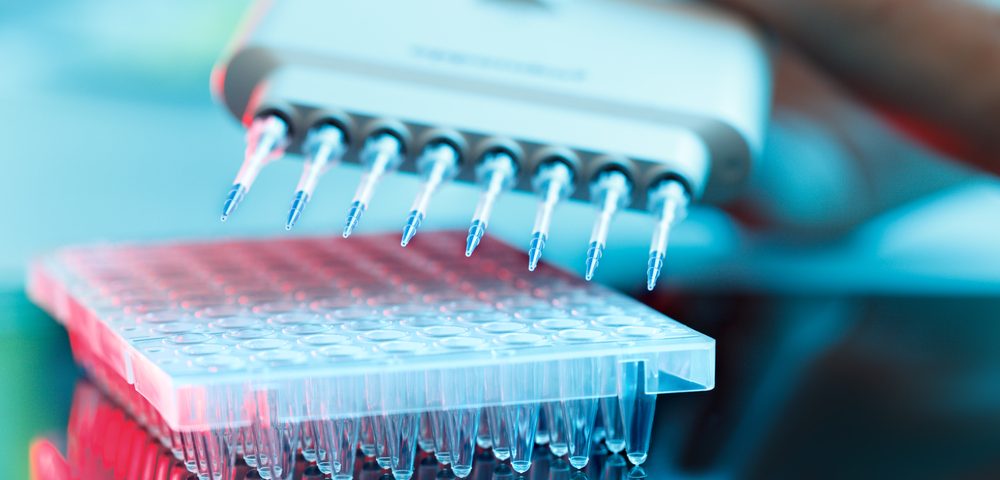Bühlmann Laboratories has received 510(k) clearance from the U.S. Food and Drug Administration (FDA) to market its noninvasive fCAL Elisa test, which uses a stool sample to help diagnose inflammatory bowel disease (IBD).
fCAL Elisa is specifically designed to help physicians, in combination with other laboratory and clinical tests, with diagnosing two types of IBD: Crohn’s disease (CD) and ulcerative colitis (UC). It can also help in differentiating between IBD and irritable bowel syndrome (IBS), a non-inflammatory disorder of the gastrointestinal tract.
The test quantifies fecal calprotectin in stool — a noninvasive biomarker of inflammation in the intestines.
Calprotectin is a protein that binds to calcium and zinc. Neutrophils, a type of immune system cell, have high levels of calprotectin and can cause acute inflammation in response to several factors.
The amount of calprotectin found in stool reflects the concentration of neutrophils in an inflammation process and can confirm the presence of IBD.
Calprotectin can be measured through stool samples because it is resistant to degradation by intestinal processing and to bacterial degradation.
“Screening fecal calprotectin prior to diagnostic endoscopy is a cost-effective approach to differentiate IBS versus IBD. The growing body of research — especially in the area of IBD — will continue to inform clinical practice and reliance on non-invasive biomarkers,” KT Park, MD, MS, co-director of Stanford Children’s IBD Center, said in a press release.
“I am mindful of the numerous correlation and validation studies already published using the Bühlmann fCAL Elisa,” Park added. “When considering the recent FDA clearance of Bühlmann’s calprotectin in the U.S., assay reliability and precision data are important considerations. And expanding the marketplace of calprotectin with high-quality assay options should enhance patient care.”
According to the company, Bühlmann researchers demonstrated fCAL Elisa’s precision and reproducibility in a multi-site clinical study involving more than 300 patients.

